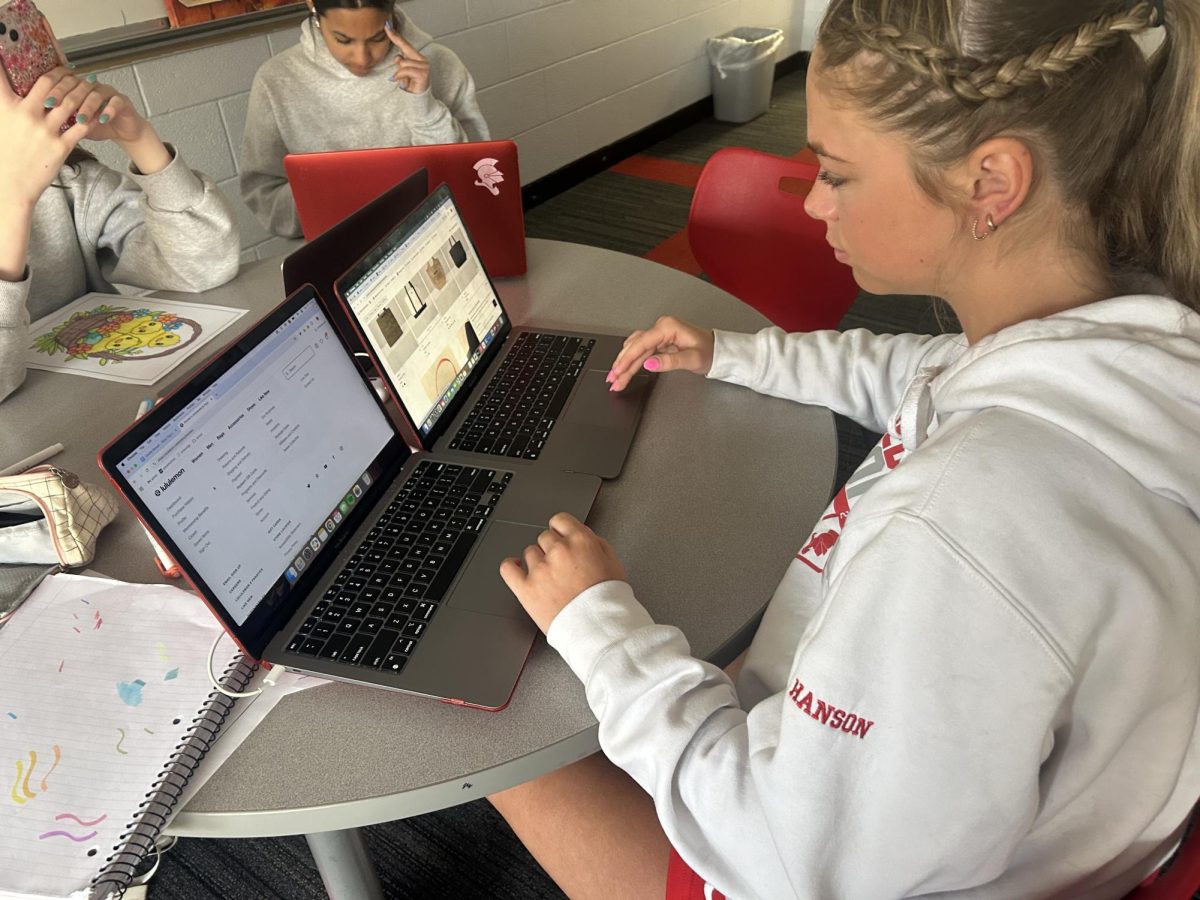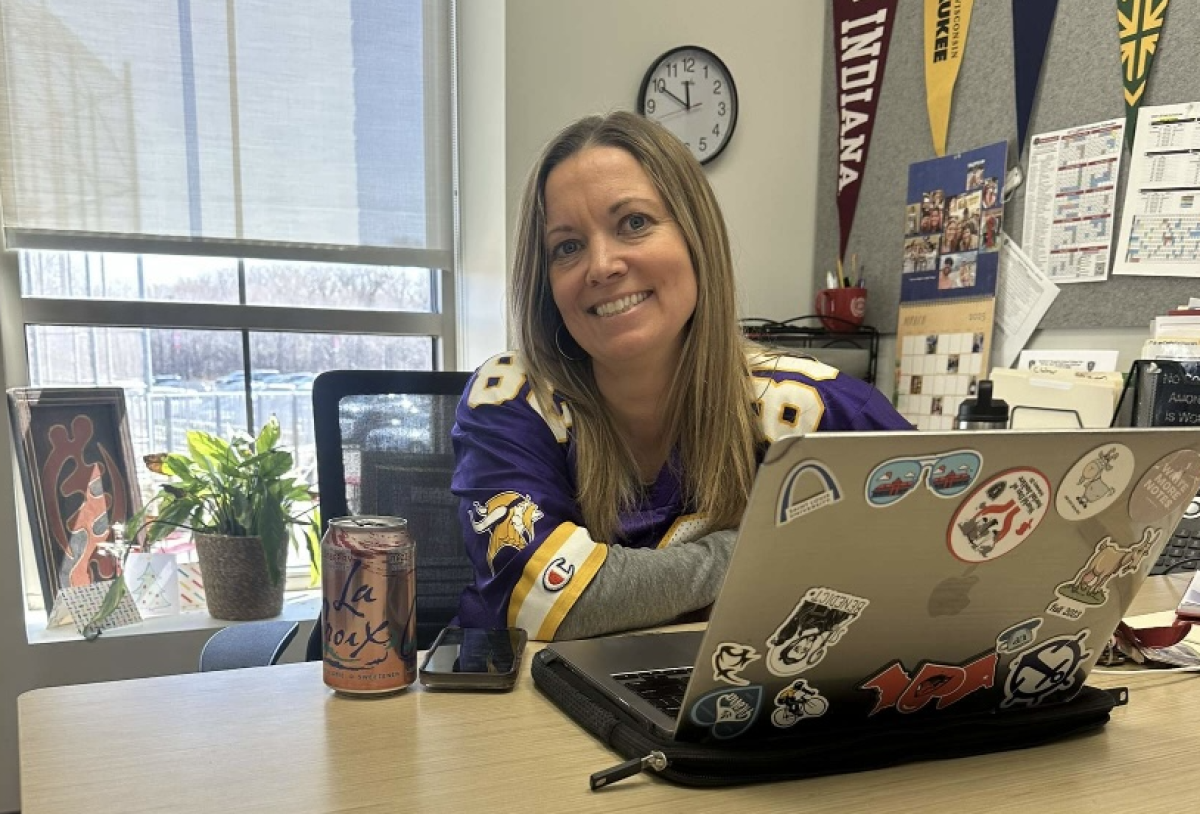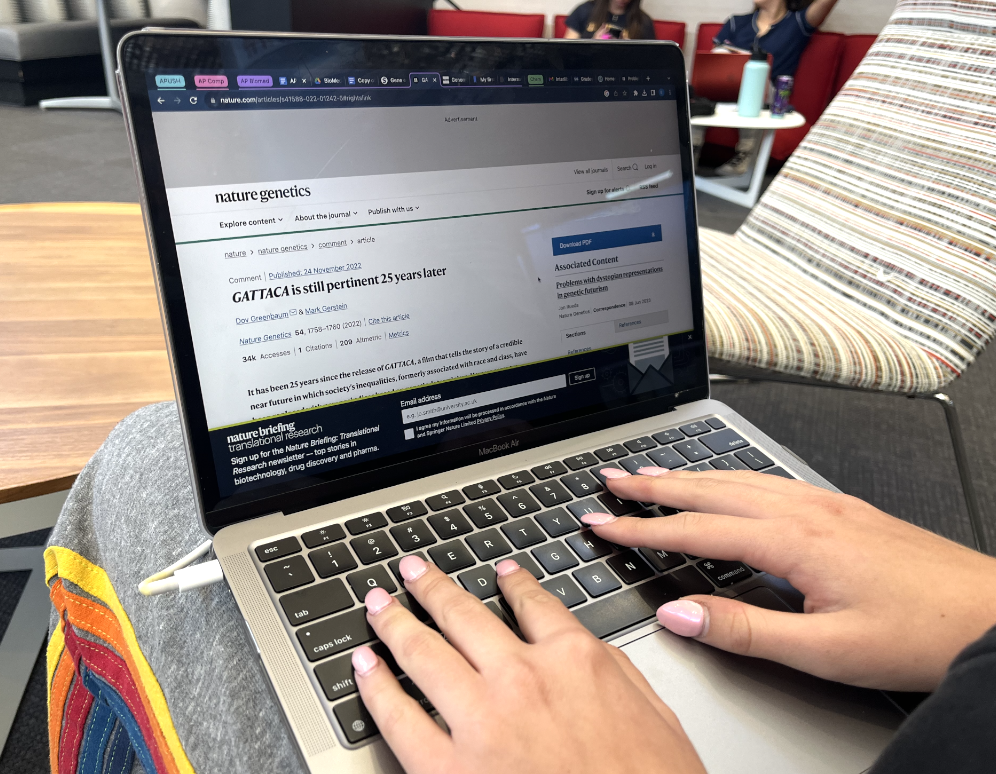Technology problems have been an ongoing frustration for both students and teachers at Benilde-St. Margaret’s. Some of the problems include Schoology and PowerSchool unexpectedly shutting down, Wi-Fi problems, and a shortage of bandwidth. Some students and teachers have found ways to adapt to these issues, while others may be still struggling with this issue.
Many students are angered by the Wi-Fi connection in certain classrooms and study spaces. Depending on where you are situated in the school, the Wi-Fi connection may be very strong or very weak. “There have been a few times where the Wi-Fi hasn’t been working and it’s pretty annoying because I’m trying to take an online test and I’m not able to. Then I get behind on all my schoolwork,” sophomore Addie Muckenhirn said.
Teachers have many different ways of teaching when it comes to their students and their learning environment. Some teachers use technology throughout their whole class period whereas other teachers use little to no technology in their class. “I don’t use the Promethean [board] as much as a lot of other teachers, so for most of my [classwork], there’s a secondary way of getting to it, so I don’t need [the Promethean],” theology teacher Jeremy Cramer said.
A large number of faculty, staff, and students are wondering how the technology department deals with such problems. “Students can walk up to us at the help desk or into our offices and get hands-on help immediately, and that’s generally my role. We try to triage things in terms of: is this something that is high urgency and needs help immediately? Is it for a student? Is it for an individual? Is it for a system-wide thing? Or is it for the classroom?” Help Desk Technician Peter Schubloom said.
There are certain things students and staff can do to help prevent these problems in the future if technology should fail. “I think from our perspective, the biggest thing is, pay attention to your email and announcements. One of our biggest frustrations is that we try to provide people with the resources to do things on their own or be aware of things that are happening…The general fundamental piece of it is that we want to give people the help they need. But we also want people to know that it’s a two-way street. And if you need help, and something is going wrong, it could be that we’ve already provided information on that,” Schubloom said.




































![Teacher Lore: Mr. Hillman [Podcast]](https://bsmknighterrant.org/wp-content/uploads/2025/03/teacherlorelogo-1200x685.png)




